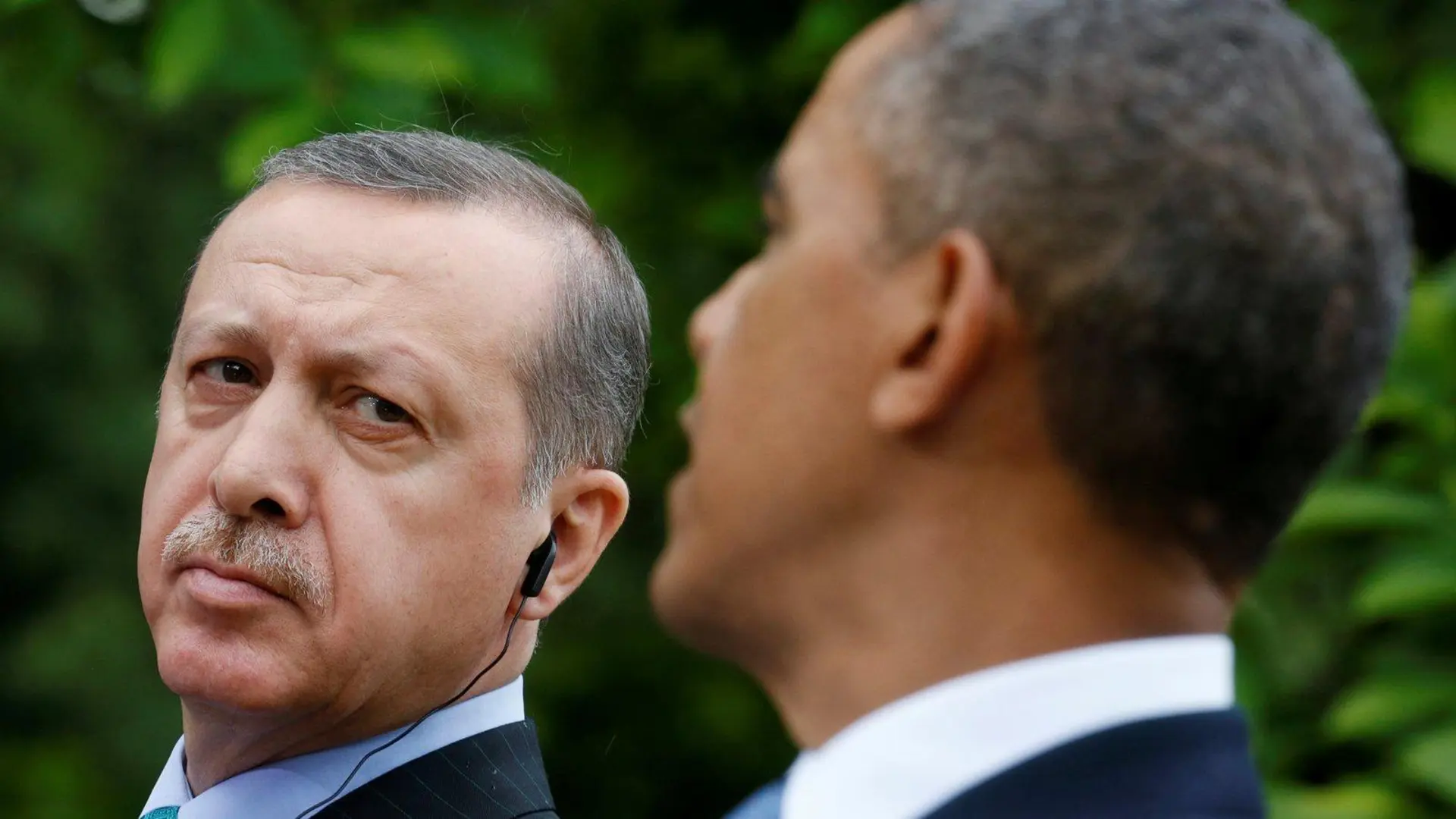Barack Obama came into office pledged to reform America’s fractured political system, yet ran up against an array of checks and balances that made such radical transformation impossible.
He pursued the largest economic stimulus ever, helped usher in one of the biggest health-care reforms since 1964 and attempted to stem America’s increasing inequality; yet was frustrated by intransigent Republicans both at home and abroad.
He’d End The War In Afghanistan
Obama accomplished many impressive legislative victories during his time as president: health care reform, economic stimulus and regulation of financial markets were just a few achievements he achieved during his term. Furthermore, he expanded the social contract by providing gay rights and setting tight standards for for-profit colleges.
More: NASA Langley Visitor Center | Minnesota Museum | High Camp Supply | Amazon Fresh | Wyoming Museum | Reach Global Audieances | Hotels by NASA
But Bush leaves behind two of America’s longest wars and a Middle East in which political orders and societies are disintegrating and societies exploding – partly due to fallout from George W. Bush’s invasions of Afghanistan and Iraq as well as his actions or inactions which contributed to this disintegration.
For the United States, a more straightforward option would be establishing a permanent counterterrorism presence. Such an approach would reduce conflict costs while being acceptable to those frustrated with its burdens.
He’d End The War In Iraq
Obama delivered his address at Fayetteville Technical Community College just a few miles from Fort Bragg and Pope Air Force Base – home of the 82d Airborne Division. In it he noted how America must move beyond World War II and address emerging national security challenges of 21st century America.
Obama faced numerous difficulties in the Middle East during his last years in office, having ended wars launched by his predecessor but struggling to convince Americans that he wasn’t sidestepping the region’s perils.
He took a gradual approach, withdrawing American troops in 2010, ending combat operations a year later, only to recall them again as Islamic State militants advanced across the country. Obama avoided declaring victory like his predecessor George W. Bush who paraded on an aircraft carrier USS Abraham Lincoln with a banner proclaiming, “Mission Accomplished”, in 2003.
He’d End The War In Syria
As the Syrian civil war entered its sixth year, Obama decided that the Assad regime’s use of chemical weapons did not violate US values and did not require military action from him. Instead, his attention turned towards Islamic State formation and US resources were dedicated to combatting it.
When it became apparent that he wouldn’t get enough votes to authorise war, President Barack Obama withdrew the cruise missiles. This decision undermined US legitimacy while giving Syrian leaders more ammunition to resist intervention.
If America’s new president intends to use force, he must make harder choices than his predecessor in the Middle East. He will also have to decide if a robust strategy against Russian influence is pursued.
He’d End The War In Yemen
Though President Donald Trump has amplified support for Saudi Arabia’s war in Yemen, it was actually President Barack Obama who launched a US bombing campaign there in 2015. At that time, US bombers provided targeting assistance, maintenance on Saudi and Emirati aircraft as well as midair refueling of coalition jets that flew on bombing runs.
Today, Yemen is in chaos due to an ongoing civil war fought between Iranian-backed Houthi rebels who overthrew its government and a Saudi-led coalition, and which has caused immense civilian suffering and contributed to creating one of the worst humanitarian crises on Earth.
Historians may debate just how much President Obama should bear responsibility for this disaster; nonetheless he cannot deny that his lackluster actions and frequent about-turns played their part.
He’d End The War In Libya
Gaddafi’s brutal crackdown on protestors escalated to record levels, setting new records for genocide, but no action were taken by world powers to end it.
Their inaction mocked the commitment they made to “never, ever again.” This set an example for other dictators around the world that they could get away with anything, including murdering citizens, as long as Tomahawk strikes did not threaten their palaces.
Obama’s Libya intervention marked his first war where he asserted authority without consulting Congress or complying with the 1973 War Powers Act.
That set an incredibly dangerous precedent: in Afghanistan, Iraq, and Libya Washington overthrew regimes without planning for their aftermath, creating effective local forces or creating lasting peace agreements – with trillions spent and lives lost as a result – setting back American development by decades. Obama’s Libya policy proved an epic fail and should never have happened.
He’d End The War In Somalia
Historians will remember Obama for his achievements in rescuing the economy, opening to Cuba and environmental activism – yet his use of executive power to bypass congressional obstruction imperiled key initiatives like Affordable Care Act implementation, financial regulation and climate change mitigation efforts.
Obama sought to refocus U.S. policy in Somalia, supporting both military aid to Mogadishu and development assistance for Mogadishu’s efforts against al Shabab. Yet his administration remained wary of overcommitment and leaders were divided as to whether taking more militaristic steps would actually assist Mogadishu or harm its efforts against al Shabab.
See More: Flagstaff Museum | Terry Bryant Accident Injury Law | Nevada Museum | Explore the Earth Surface | North Carolina Museum | Oregon Museum
Ultimately, the United States cannot win its battle against al Shabab by simply continuing to mow Somalia’s lawless “lawn.” Instead, Washington must devise a strategy which emphasizes supporting reconciliation efforts and helping Mogadishu consolidate any territorial gains it may have made.
He’d End The War In Yemen
Obama said in his inaugural remarks that the United States is firmly in support of those who seek to overthrow oppressive dictatorships and “find a path forward towards realizing our vision of global justice”.During Obama’s term, he called for democratic transitions to take place in Libya and Syria.
Since September 2014, Houthi rebels allied to former President Ali Abdullah Saleh have controlled Yemeni capital Sanaa and forced internationally-recognized government of Abed Rabbo Mansour Hadi into exile. Since then, the US has supported Saudi-led coalition’s air campaign despite allegations that civilian casualties have increased due to air strikes.
Early in 2021, Biden signaled his intent to shift away from military support towards diplomacy; and Trump administration has followed suit by calling for political solutions; yet, this conflict continues and shows no sign of ending anytime soon.





